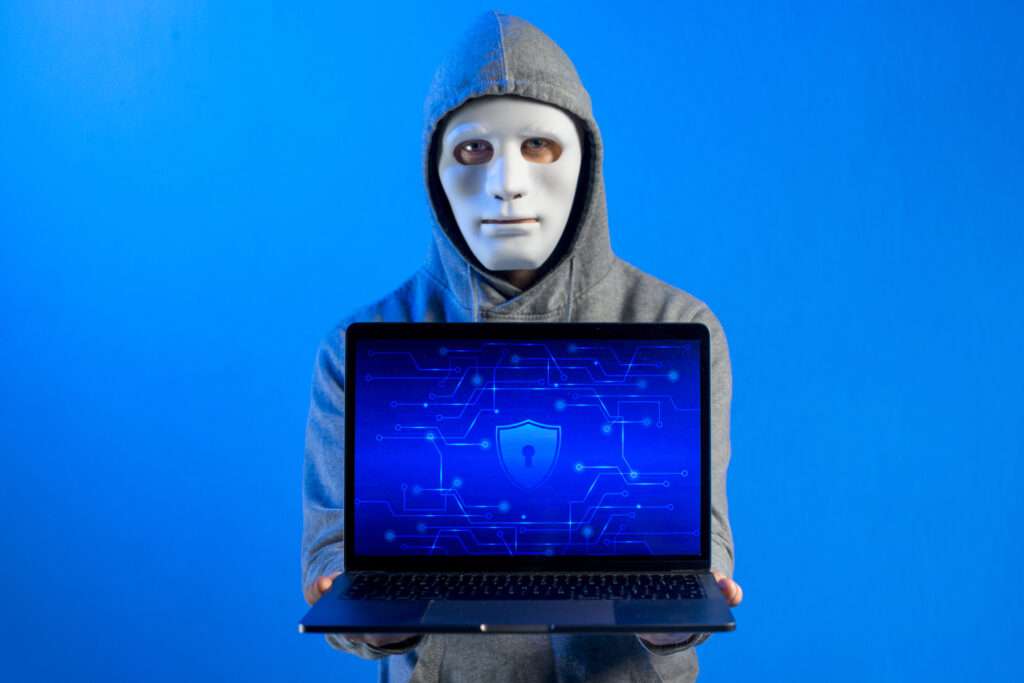Contact
Get In Touch

Author
Abdul Azeem
LLB (Hons) LLM
Ransomware Under PECA 2016
This is a type of malware that encrypts a victim’s data, demanding payment (usually in cryptocurrency) for the decryption key. Ransomware attacks can cause significant financial losses and data breaches. In Pakistan, the Prevention of Electronic Crimes Act (PECA) 2016 provides a legal framework to address these malicious activities,.
Understanding these legal procedures is crucial for both authorities and victims in addressing and mitigating the impact the cybercrime of ransomware attacks. This article explores the nature of ransomware, relevant provisions under PECA 2016, procedural steps involved, responsibilities of the regulatory bodies, potential defenses, and significant high court judgments that have shaped the enforcement of these laws in Pakistan.

Understanding Ransomware
Ransomware attacks involve malware that encrypts data on a victim’s device, rendering it inaccessible. The attacker then demands a ransom, typically in cryptocurrency, for the decryption key. These attacks can cause significant financial and operational damage to individuals and organizations.
Legal Provisions Under PECA 2016
PECA 2016 addresses ransomware under Sections 13 and 14, which cover electronic fraud and malware attacks. Offenders face severe penalties, including imprisonment and fines, aiming to deter individuals from engaging in such extortionate activities.
Legal Procedure for Addressing Ransomware
The legal procedure for addressing ransomware involves several steps:
- Reporting the Attack Victims must report the ransomware attack to the Federal Investigation Agency (FIA) Cyber Crime Wing, providing all relevant evidence such as affected devices, ransom notes, and communication logs.
- Investigation The FIA conducts an investigation to identify the source of the ransomware and gather evidence. This may involve tracing digital footprints, analyzing malware samples, and collaborating with cybersecurity experts.
- Filing a Complaint Once sufficient evidence is gathered, the FIA files a complaint in the appropriate court, detailing the charges and presenting the collected evidence.
- Court Proceedings The court summons both parties for hearings. The prosecution must present evidence supporting the charges, while the defense can contest the allegations.
- Judgment and Penalties If the court finds the defendant guilty, it issues a judgment and imposes penalties as prescribed under PECA 2016.
- Responsibilities of Regulatory Bodies
The FIA Cyber Crime Wing is responsible for investigating and prosecuting cases of ransomware attacks under PECA 2016. The Pakistan Telecommunication Authority (PTA) also monitors online activities and ensures compliance with PECA provisions, helping prevent the spread of ransomware through digital platforms.
- Potential Defenses Against Allegations
Defendants in ransomware cases can use several defenses to contest the charges:
- Lack of Intent Arguing that there was no intent to cause harm or extort money and that the actions were a result of negligence rather than malicious intent.
- Insufficient Evidence Contesting the validity and sufficiency of the evidence presented by the prosecution.
- Compliance with Regulations Demonstrating that all actions were in compliance with existing regulations and no malicious activity occurred.
- Challenges in Enforcement
Despite the robust provisions of PECA 2016, enforcing laws against ransomware presents several challenges. The constantly evolving nature of ransomware requires law enforcement agencies to stay ahead of technological advancements. Additionally, the anonymity of cybercriminals and the international nature of many attacks complicate enforcement efforts.
Public Awareness and Education
Raising public awareness and educating individuals and organizations about ransomware is crucial in preventing such attacks. Awareness campaigns can inform people about the risks of ransomware and the steps they can take to protect their systems, such as regularly backing up data, using robust antivirus software, and avoiding suspicious downloads.
Contact Us
By enhancing legal and regulatory measures and promoting responsible digital behavior, Pakistan can effectively address the threat of ransomware attacks.
Our panel of skilled Lawyers in Pakistan specializes in cyber crime cases in Pakistan and offers personalized advice and robust legal solutions.
- AI Legal Site: For general information, visit 24Justice.com – Pakistan’s First Legal AI Site.
- Contact Form: Prefer writing? Fill out our contact form below, and we’ll respond promptly.
We Help You Solve Your Legal Issues
At 24Justice, we believe that everyone deserves access to justice, and we are committed to making that belief a reality. Choose 24Justice, and take the first step towards navigating your legal journey with confidence and ease.
